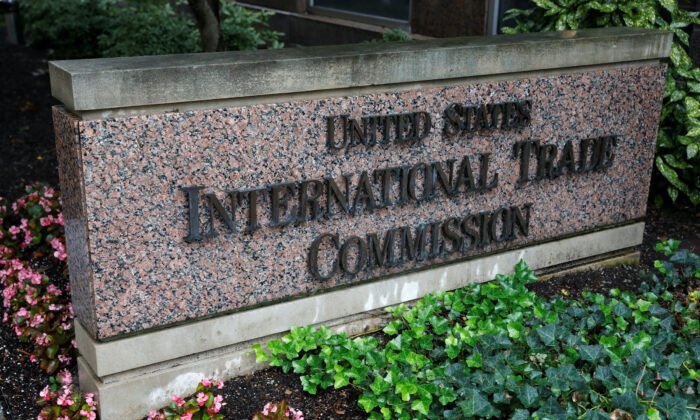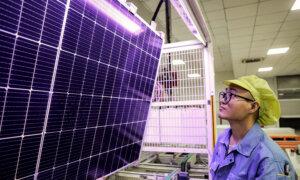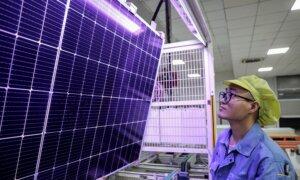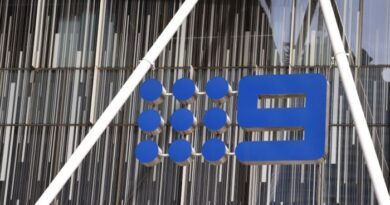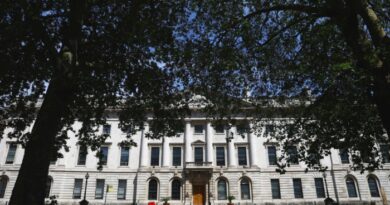US Trade Commission Expands Investigation of Solar Tariff Evasion in Southeast Asia
This decision is the latest in a years-long saga that the U.S. solar industry claims could have a devastating impact on manufacturing.
The U.S. International Trade Commission voted on June 7 to continue its investigation into potential tariff-dodging by manufacturers of photovoltaic solar cells in southeastern Asia.
This decision is the latest in a years-long saga that the U.S. solar industry claims could have a devastating impact on manufacturing.
According to the news release, the trade commission found there to be “reasonable indication” that the U.S. solar industry was “materially injured” by the imports from imports related to the solar industry from Cambodia that are allegedly subsidized by the government of Cambodia.
The trade commission, along with the U.S. Department of Commerce plans to continue its investigation into imports of solar cells from Cambodia, Malaysia, Thailand, and Vietnam. The two groups announced that the report on the investigation will be completed around Oct. 1.
The Alliance includes companies such as Convalt Energy, First Solar, the South Korean company Hanwha-Q Cells, Meyer Burger, Mission Solar, REC Silicon, and Swift Solar. It represents companies involved in the domestic solar manufacturing industry and supports roughly 34,000 U.S. workers.
According to the letter, Chinese-owned companies operating in Cambodia, Malaysia, Thailand, and Vietnam have engaged in market-distorting practices, including illegal subsidies, that allegedly harm the U.S. solar industry, which is the target of the petition.
“China’s dominance of the solar supply chain creates significant energy security risks, in addition to stifling domestic job growth and harming American manufacturing potential,” Mr. Brown stated. “This industry cannot reach its full potential in the U.S. if China’s companies operate as a one-nation solar cartel.”
The multi-agency investigation takes place after the news last month that new tariffs would be imposed on electric vehicles, semiconductors, solar equipment, and medical supplies imported from China.
The possibility exists that tariffs could ignite a more extensive trade dispute between the two nations as they react to each other’s actions. China is endeavoring to establish a technological advantage and ascend the economic ladder.
At a time when the CCP is grappling with mounting global criticism from liberal democratic states, there are some indications that it is reducing its production of lithium-ion batteries, which are utilized in electric vehicles, mobile phones, and other consumer electronics.
A draft rule was released by the Ministry of Industry and Information Technology of China shortly after the announcement with the objective of “strengthening the management of the lithium-ion battery industry and promoting the sector’s high-quality growth.”
Currently, the United States imposes a 27.5 percent tariff on Chinese electric vehicles. This encompasses a 2.5 percent import tariff and an additional 25 percent tariff implemented during the Trump administration and subsequently renewed during the Biden administration.
The Associated Press contributed to this report.
